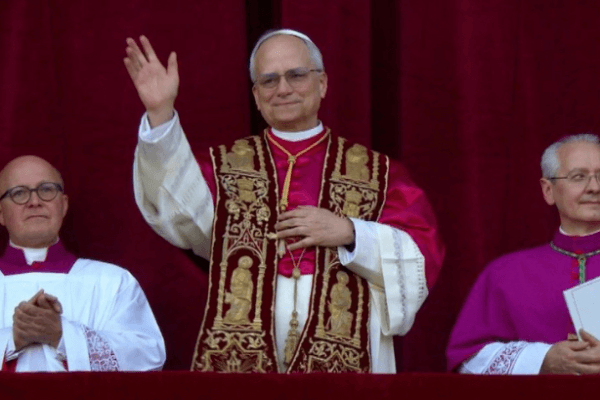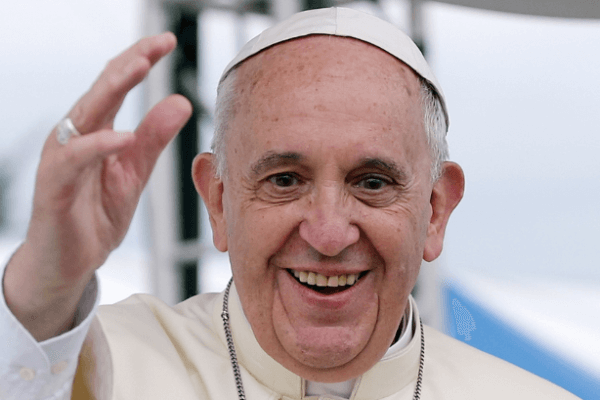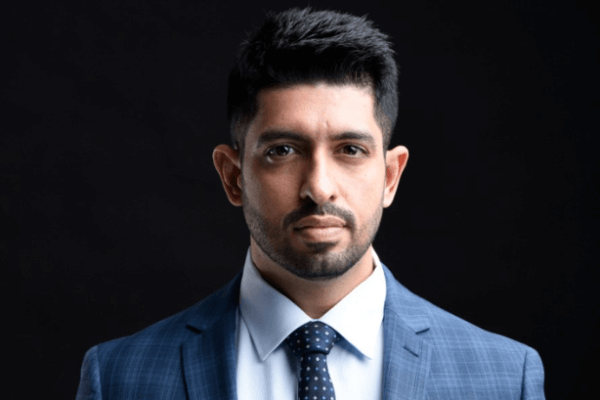- 15 Global Companies Launch Trusted Tech Alliance for Secure Digital Infrastructure
- Singapore Management University Launches Business AI Master’s Programme
- Cochin Shipyard Seeks Global Partners to Expand International Ship Repair Footprint
- OpenText Names Former IBM Americas President Ayman Antoun as CEO
- Fintech Company Network International Appoints Ashish Jain as Group CFO
Leadership Lab
The Power of Starting Late
I started my first business aged 21, while I was still a student. A national monthly theatre magazine in a country as big and as sparsely populated as Australia was perhaps not the most well thought through idea, but I was young, energetic, idealistic, driven by passion, not money, and arts grants were plentiful. It lasted for eight years, which was pretty good going.
But thirty-five years later, I started my most successful business at the age of 56. And then another at 68. And again, at 70.
If you’d told me in my 40s that I’d still be launching start-ups in my seventies, I might have raised an eyebrow. But I’ve discovered what many later-life entrepreneurs come to realise: age isn’t a limitation — it’s a superpower.
I co-founded Rethink Press, now the UK’s leading hybrid publisher of business books, in my mid-fifties with no funding and no exit strategy — just a passion for helping experts and entrepreneurs share their ideas in book form. At 68, I launched Book Magic AI, a ground-breaking app that helps users plan, write, and promote a business book with the power of human insight and artificial intelligence. And on my 70th birthday, I gave myself the gift of creative freedom: a podcast, The Year of Being 70, exploring the terrain of life at an age when society often expects you to slow down.
Each of these ventures has been a lesson in how age adds value. When you’ve been around the block — professionally and personally — you bring a wealth of wisdom, resilience, and perspective that no business degree can teach. You’ve seen cycles rise and fall, you’ve learned what matters, and (perhaps most valuably) you’re less afraid to fail. Because you already know that failure can be part of the game and while you celebrate the wins, you can also hold steady during any losses.
You can also add value by bringing something different to the table in your market, and confounding expectations. Most people imagine SaaS businesses to be run by thrusting young techbros. In photos of the Book Magic AI team, a small, white-haired woman shows that the opposite can be true; I was amused and flattered when someone called me a ‘techgran’ the other day!
If you’re considering starting a business later in life, don’t let the stereotypes hold you back. You are not “too old.” You are just right — and the world needs what only you can bring now.
Five Lessons for Later-Life Founders
- Choose partners who bring you energy and skill
I’ve never believed in going it alone. My co-founders in both Rethink Press and Book Magic AI brought expertise I didn’t have and shared my commitment to creating something meaningful. Most of them are younger than me – my Rethink Press co-founder was in his 30s when we started working together; my Book Magic AI partners are mostly in their early 40s. My podcast co-host is a childhood friend born exactly one month before me – we’re both 70 years young. Look for collaborators who balance your strengths and make you excited to keep going, even when it gets tough.
- Build something that gives you passion and purpose
There’s no point starting a business in your 50s, 60s or 70s unless it fires you up. Every founder knows the hours can be long and the learning curve steep. What gets you through is loving what you’re creating — and knowing that it matters. Purpose is the best kind of fuel. And keeping on learning is what keeps your brain sharp and the ideas coming.
- Outwork everyone smartly
I’ve worked harder in my later years than ever before. But I’ve also worked smarter. Time becomes precious, so you cut the fluff. You delegate better. You prioritise. Working from home means I can shape my professional life around my personal life. And I’ve learned to focus and refocus on tasks very quickly when inevitable interruptions happen. You know that building something worthwhile demands commitment, so you give it, without apology.
- Stay curious and open to every new possibility
The biggest trap for older entrepreneurs? Thinking you already know it all and you’ve nothing new to learn. I’ve embraced every new tool, trend, and technology that crossed my path — from AI to podcasting. Stay open, ask questions, and surround yourself with younger people who can show you what’s next. I’ve also taken every opportunity that’s come my way; I’ve said ‘Yes, I can do that’ even when it’s meant a very steep learning curve to actually deliver what I’ve committed to!
- Don’t apologise for your age, use it as your edge
There’s a strange myth that entrepreneurship is a young person’s game. But research consistently shows that founders over 50 are more likely to build successful businesses than those in their 20s or 30s. Why? Because we’ve learned how to lead, how to communicate, and how to recover from setbacks. I’ll be honest, I was anxious about turning 70 and did consider being very low key and pretending I’d never had the big birthday. But when the podcast idea came into my head, I just called my friend, said, “Shall we do this?” and went fully public on being 70 and loving it.
The future of entrepreneurship isn’t just Gen Z in hoodies. It’s also Baby Boomers with bold ideas, big networks, and unshakeable drive.
I’ll be honest, I’ve never felt more alive, more relevant, or more determined to keep creating. So, if you’re standing at the edge of your next chapter, don’t ask “Am I too late?” Instead, ask: “What am I here to build now?”
About Lucy McCarraher
Lucy McCarraher is the UK’s most experienced business book mentor and has mentored over a thousand entrepreneurs, experts and business owners to write and publish their books. In 2011, McCarraher founded Rethink Press, the premier hybrid publisher of business books. She is also the founder and CEO of Book Magic AI, a unique AI-supported book-writing app, and founder of the Business Book Awards. McCarraher is a well-established author of fourteen books, including A Book of One’s Own — a manifesto for women to share their experience and make a difference, and Bookbuilder (with Joe Gregory). She is also the host of Mission Magic, a support and mentoring group for women entrepreneurs, the co-host of the ‘The Year of Being 70’ podcast, and a keynote speaker on books and writing. Lucy’s new book, Book Magic, is a galvanising call to action, empowering business owners to get their book out of their heads and into the world.
On May 8, 2025, the white smoke over St. Peter’s Basilica announced a historic shift in the Catholic Church: Cardinal Robert Francis Prevost of the United States was elected the 267th pope, taking the...
Hyderabad, India – Woxsen University’s AI Research Centre has introduced a groundbreaking Quantum AI-driven Smart Airport Management System, revolutionizing airport operations, passenger experience,...
Kindness: A Double-Edged Sword Kindness, widely celebrated as a cornerstone of morality and humanity, is a virtue that can paradoxically act as both a strength and a weakness. While it fosters positive...
Pope Francis, who passed away on April 21, 2025, at age 88, leaves a lasting legacy that reshaped how leadership is viewed inside and outside the Catholic Church. His time as the 266th pope was defined by...
As the visionary force behind Visionary Healthcare Group, Smilelove, and Pureverse, Lina Chong has dedicated her career to breaking down systemic barriers in healthcare and redefining emotional well-being...
Jatin Deepchandani, Founder and CEO of Plan3Media and REM TIMES, pens his thoughts on why investing in property in Dubai is the best decision one can make I have been asked this question...
The 2025 Grammy Awards turned into a masterclass in inspirational leadership, showing that the art of making great music can also teach us about real-world leadership. While the world enjoyed the glitz...
Few events capture the dynamic spirit of American motorsport like the Daytona 500. More than a race, it offers lessons in resilience, adaptability, and inspirational leadership—themes that resonate...
Learn how the Philadelphia Eagles’ Super Bowl victory offers inspirational leadership lessons for today’s business leaders and executives. Super Bowl LIX brought 70,000 fans to New...
















